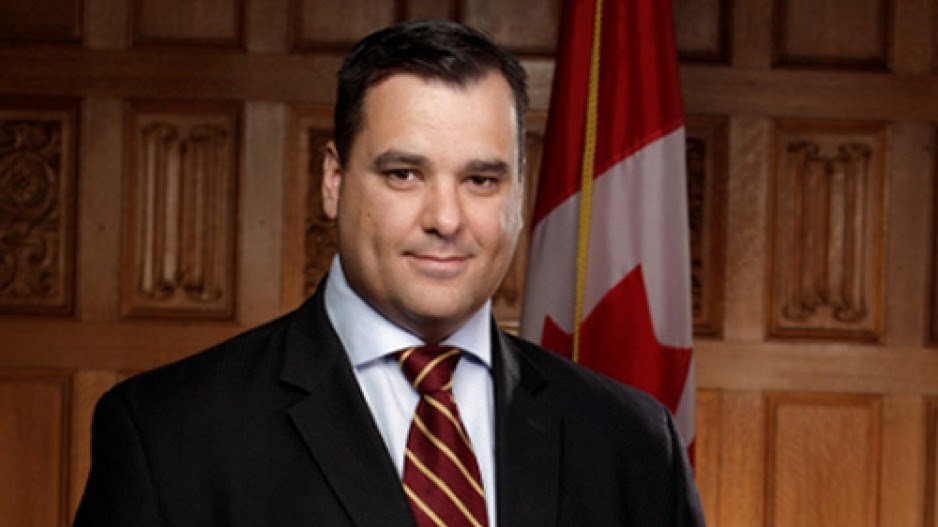Canada's Big Three telecoms – Telus (TSX:T), BCE Inc. (TSX:BCE) and Rogers (TSX:RCI) – could have a bit more competition next year.
Spectrum caps will be put in place to ensure that a minimum of four providers in each geographic region will have the opportunity to access the 2500 MHz spectrum being auctioned off in April 2015, the federal government announced January 10.
This is a new block of spectrum, which will be in addition to the 700 MHz being auctioned later in January. The 2500 MHz spectrum can be used for smartphones operating over LTE, or for wireless broadband Internet.
"Today's announcement means Canadian consumers in urban and rural areas will soon benefit from the deployment of advanced mobile and broadband services across the country, which will lead to better, faster Internet services on the latest technologies," said Industry Minister James Moore.
"The rules for this auction, like those for the upcoming 700 MHz auction, were designed to support more choice in our wireless market while putting the interests of consumers first."
Unlike the 700 MHz spectrum auction, the 25000 MHz band will be restricted to smaller licensing areas – a move aimed giving smaller Internet service providers that serve remote and rural areas access to it.
Those companies that do acquire the new spectrum will need to prove they are expanding into new geographic areas.
"If companies fail to use spectrum they will lose that spectrum," Moore warned.
Chris Allen, president of ABC Communications, is cautiously optimistic smaller providers like his will have a chance of acquiring the spectrum they need to expand wireless broadband Internet to remote parts of B.C.
"If they follow the same format as the 700 MHz auction, where they went with very large, province sized blocks, it leaves us completely out of the running," Allen said. "If they break the country into smaller blocks, like they did for the 3.5 GHz auction, it opens doors for more regional players."
Restrictions on the 2500 MHz spectrum include:
- financial penalties for any telecom that violates any rules on tower sharing, rural service or spectrum deployment;
- rules for the prevention of the undue concentration of wireless spectrum; and
- clarification of the rules for the transfer of spectrum between wireless companies.
Moore said his government's policies for the wireless sector have increased competition, resulting in a 20% increase in jobs in that sector and an average decrease in prices of 18%.




